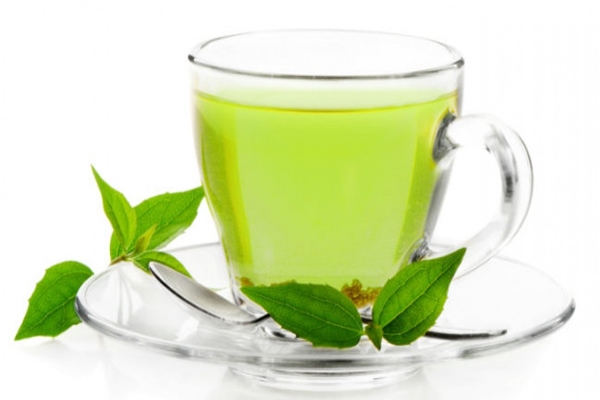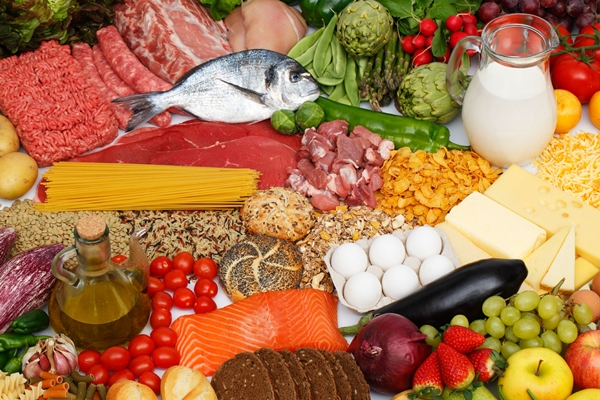
Some things about life—and how long we get to enjoy it—are out of our control. But emerging nutrition science research, as well as data collected from people in their 90s and beyond, shows what, when, and how we eat has a profound influence on how long we live. Want to eat for a long and healthy life?
Let's take a look at 10 food secrets that make you live longer:
1. All the green, leafy things
Produce, whole grains and beans dominate meals all year long in each of the Blue Zones. People eat an impressive variety of vegetables when they are in season, and then pickle or dry the surplus. The best of the best longevity foods are leafy greens. In Ikaria, more than 75 varieties grow like weeds. Studies found that middle-aged people who consumed the equivalent of a cup of cooked greens daily were half as likely to die in the next four years as those who ate no greens.
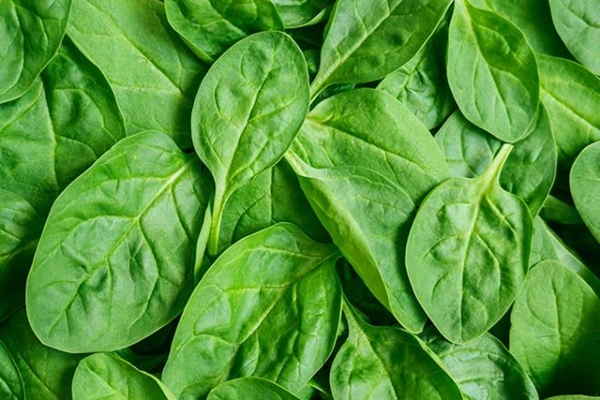
2. Consume meat no more than twice a week
Families in a large portion of the Blue Zones appreciate meat sparingly, as a side or an approach to season different dishes. Mean to constrain your admission to 2 ounces or less of cooked meat (a sum littler than a deck of cards) five times each month. Furthermore, support chicken, sheep or pork from family ranches. The meat in the Blue Zones originates from creatures that touch or scrounge uninhibitedly, which likely prompts more elevated amounts of omega-3 unsaturated fats.
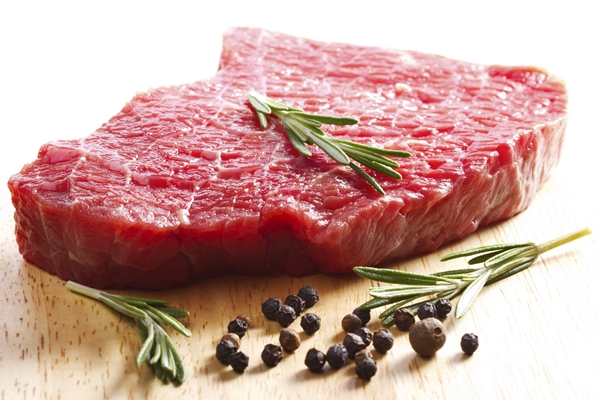
3. Eat up to 3 ounces of fish daily
The Adventist Health Study 2, which has been following 96,000 Americans since 2002, found that individuals who ate a plant-based eating routine and incorporated a little part of fish up to once a day were the ones who experienced the longest. In the Blue Zones abroad, angle is a typical piece of regular suppers. Generally, the best fish decisions are center of-the-natural pecking order species, for example, sardines, anchovies and cod, which aren't presented to elevated amounts of mercury or different chemicals.
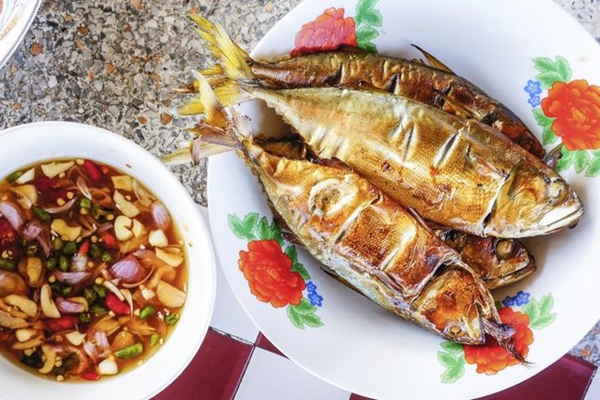
4. Cut back on dairy
The human digestive system isn't optimized for cow's milk, which happens to be high in fat and sugar. People in the Blue Zones get their calcium from plants. (A cup of cooked kale, for instance, gives you as much calcium as a cup of milk.) However, goat's- and sheep's-milk products like yogurt and cheese are common in the traditional diets of Ikaria and Sardinia. We don't know if it's the milk that makes folks healthier or the fact that they climb the same hilly terrain as their goats.
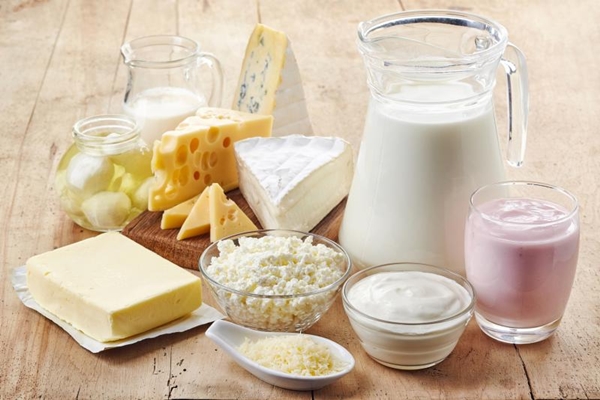
5. Enjoy up to three eggs per week
In the Blue Zones, individuals have a tendency to eat only one egg at any given moment: For instance, Nicoyans broil an egg to crease into a corn tortilla and Okinawans heat up an egg in soup. Give filling a shot a one-egg breakfast with natural product or other plant-based nourishments, for example, entire grain porridge or bread. When heating, utilize 1/4 measure of fruit purée, 1/4 measure of pureed potatoes or a little banana to sub in for one egg.

6. Add a half cup of cooked beans every day
Black beans in Nicoya, soybeans in Okinawa, lentils, garbanzo and white beans in the Mediterranean: Beans are the cornerstone of Blue Zones diets. On average, beans are made up of 21 percent protein, 77 percent complex carbohydrates and only a little fat. They're also an excellent source of fiber and are packed with more nutrients per gram than any other food on earth. The Blue Zones dietary average—at least 1/2 cup per day—provides most of the vitamins and minerals that you need.
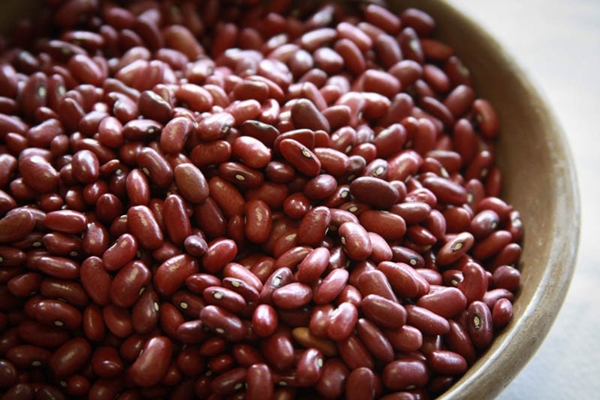
7. Go nuts
A handful of nuts a day can add many days to your life, according to a study done by the Harvard Medical School. People who noshed on almonds, walnuts, pistachios, and other tasty treats were 20 percent less likely to die from any cause. While the reason why isn't clear yet, the researchers think it has to do how nuts help us feel fuller faster and help control blood sugar spikes. Plus, nuts are a great source of vital minerals like magnesium, as well as protein and fiber, which have also been linked to a longer life.
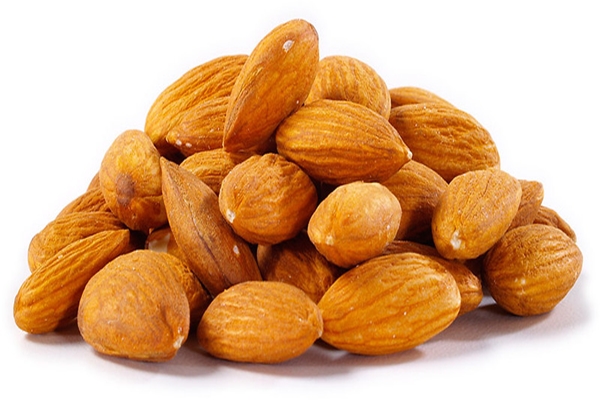
8. Be berry good
Strawberries, raspberries, blueberries, and different berries are as solid as they are delicious. A 2013 Spanish examination found that individuals who ate the delightful organic product a few times each week had a 30 percent bring down danger of biting the dust. Analysts think the lift in life span is on account of berries' high grouping of polyphenols, a micronutrient appeared to avoid degenerative maladies.
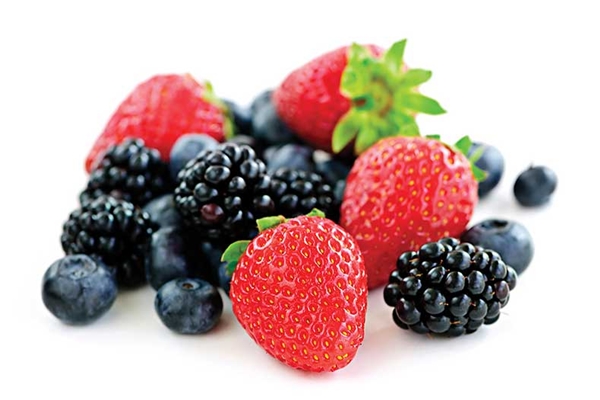
9. Up your water intake
Adventists recommend having seven glasses daily, pointing to studies that show that being hydrated lessens the chance of a blood clot. Plus, if you're drinking water, you're not drinking a sugar-laden or artificially sweetened beverage.

10. Drink green tea
Okinawans nurse green tea all day long, and green tea has been shown to lower the risk of heart disease and several cancers. Ikarians drink brews of rosemary, wild sage and dandelion—all herbs with anti-inflammatory properties.
